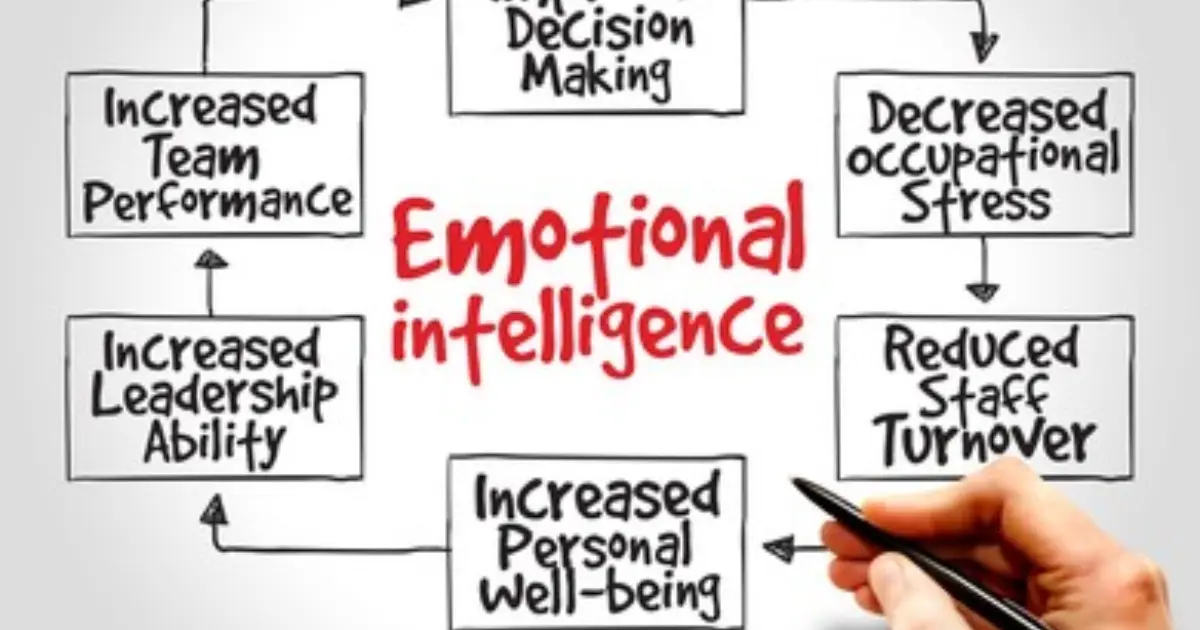
Emotional security is the ability to feel confident and show vulnerability in sharing your opinions, feelings, and thoughts without fearing the harsh consequences of being judged. Emotional security is a necessity that impacts every area of our lives. It’s deeply rooted in our brain’s design and affects our thinking, acting, and making decisions. Leaders who have emotional security and cultivate emotional security are not only more successful, but they also create environments where others thrive. But what exactly is emotional security, and why is it so critical for personal and professional growth?
Let’s explore the brain’s role in emotional security and how coaching can help you build it, allowing you to lead with clarity, confidence, and success.
To understand emotional security, we must look at how the brain functions. Our brain is designed with survival in mind, always scanning for threats, real or perceived. In this “fight or flight”, the amygdala manages response, the part of the brain responsible for processing emotions, especially fear and anxiety. When we perceive a threat—an angry boss, a tight deadline, or self-doubt, our amygdala activates, making it difficult to think clearly or make rational decisions.
At the same time, our prefrontal cortex—the part of the brain responsible for logical thinking, decision-making, and impulse control—shuts down or works less efficiently under stress. This is why when we are emotionally insecure or under pressure, we tend to make impulsive decisions, react defensively, or shy away from risks.
However, when we feel emotionally secure, our brain operates differently. With a sense of trust, safety, and confidence, the amygdala remains calm, allowing the prefrontal cortex to function optimally. This gives us the mental space to think clearly, make informed decisions, and approach challenges with a level head. Emotional security empowers us to navigate difficult situations gracefully and rationally, ensuring we stay aligned with our values and long-term goals.Emotional insecurity, driven by fear, can cloud our judgment and limit our potential.
As a leader, your decisions directly influence not only your own success but also the success of those around you. When you are emotionally secure, you lead with clarity and confidence. You are less likely to be swayed by fear, doubt, or external pressures and more likely to make decisions based on long-term vision rather than short-term reactions. Empathy, kindness, and fairness can cultivate a positive and open environment—ideal in any work setting.
Without emotional security, a leader can be reactive, fearful of anyone surpassing them, or overly concerned with others' opinions. This leads to hesitation, poor decision-making, and a toxic work environment where team members may feel stifled or unsupported.
Emotional security doesn’t come naturally to everyone, especially in high-pressure environments, given that we all come from different backgrounds and upbringings. This is where coaching comes in. A skilled coach provides a safe, nonjudgmental space where you can explore your fears, insecurities, and doubts without the risk of ridicule or criticism.

In this trusting environment, you’re able to:
The coaching relationship is unique because it provides a supportive environment where you’re encouraged to take ownership of your emotions and decisions. Coaches offer the structure and feedback you need to grow, but always from a place of understanding and compassion.
Coaching is a vital resource for building emotional security in the journey toward leadership. Here’s how it can transform your personal and professional life.
The coaching relationship is unique because it provides a supportive environment where you’re encouraged to take ownership of your emotions and decisions. Coaches offer the structure and feedback you need to grow, but always from a place of understanding and compassion.
Emotional security is not a fixed trait—it’s something that can be developed and nurtured over time. With the right tools and support, you can build the emotional foundation needed to succeed both personally and professionally. Coaching offers a transformative journey that helps you cultivate this security, empowering you to become the confident, resilient, and empathetic leader you’re meant to be.

In today’s competitive world, leaders who possess emotional security stand out. They inspire trust, lead with empathy, and make decisions with clarity and purpose. By working with a coach, you can unlock this leadership level, not only for yourself but those who look to you for guidance and support.
Reaching your career goals can often feel like navigating a dense, uncharted forest alone. The path is unclear, obstacles loom around every turn, and self-doubt creeps in, making it easy to lose your way. But what if you had a seasoned guide, a career coach, to light your path and lead you through the metaphorical wilderness?
Just as an experienced guide knows the terrain like the back of their hand, a career coach understands the intricate professional landscape, helping you blaze a trail tailored to your unique strengths, aspirations, and challenges.
So, are you ready to embrace emotional security and step into your full potential as a leader? Your journey to leadership success starts with the choice to build emotional security—coaching is here to guide you every step.